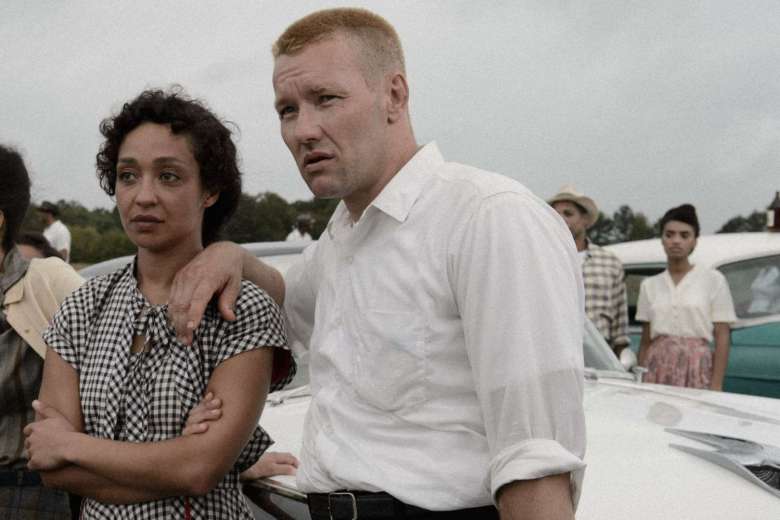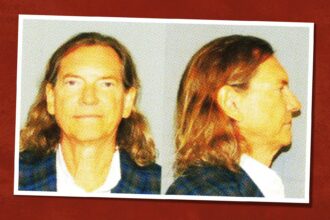Jeff Nichols was inspired by the story of Richard and Mildred Loving, an interracial Virginia couple who fought injustice during the 1960s for the simple right to be married.
The problem was, the acclaimed Austin filmmaker hadn’t heard of the true-life subjects of his period drama Loving, or their landmark Supreme Court decision, until a few years ago. And he found that many friends and colleagues were similarly uninformed.
For Nichols, 37, the interest in the story originated with an HBO documentary, The Loving Story. It was his first exposure to the Lovings despite having graduated from an Arkansas high school that was home to a landmark desegregation fight in 1957.
“I felt like I was pretty up to speed on civil rights history, and to not be aware of this case, it was upsetting to me,” Nichols said by phone. “Once I looked at the documentary and saw the people at the center of it — that was pretty undeniable for me.”
In 1958, mild-mannered laborer Richard Loving (Joel Edgerton) marries Mildred (Ruth Negga) before being hauled to jail a few weeks later for violating the Racial Integrity Act. After he’s bailed out, the couple agrees to move to Washington, D.C., with their children, by a court order.
That keeps the authorities at bay, but separates the Lovings from their relatives and their dreams of owning land in their native state. At Mildred’s urging, they allow an ACLU attorney (Nick Kroll) to defend them all the way to the Supreme Court. Along the way, their transformation into reluctant civil-rights crusaders tests the depth and boundaries of their relationship.
“This idea that a woman would be so connected to her home and her family and to that place, that she would be willing to move her family back under threat of arrest or much worse — I found that pretty compelling,” Nichols said. “But it was hard to find specific details about that decade in their lives, so I decided to focus more on the psychological threat that they were living under — this constant pressure of not really knowing that you’re safe or stable, which I think is an inherent right. I felt like there was an emotional trajectory that was pretty clear.”
The documentary filmmakers helped Nichols (Midnight Special) develop the feature, especially during the research phase. Nichols decided he wanted to downplay the legal wrangling to concentrate on the family it affected most.
“As important as this court case is, the technicalities of it really have nothing to do with the Lovings,” he said. “I wanted to stay with them. I didn’t want to make a courtroom drama because that didn’t really represent who they were or what they were dealing with at the time. I wanted to understand what their lives were like.”
By shining a spotlight on the couple, Nichols hopes the film can offer perspective on the struggle of the Lovings in the context of contemporary headlines regarding race and relationships.
“Equality is not something we achieve as a society. We’re never going to just check that box and be done. Equality is something that we constantly have to reassess and reapply,” Nichols said. “The Lovings were apolitical and weren’t trying to force an agenda on anyone, and they genuinely loved one another. They show us how to have these debates and conversations because they show us there are people at the center of them. If you remember that, you can have these debates in a more humane way. That’s really important for us right now.
“Their story was relevant in 1967, and their story is relevant today,” he said. “And I’m afraid it will be relevant for a long time to come.”






